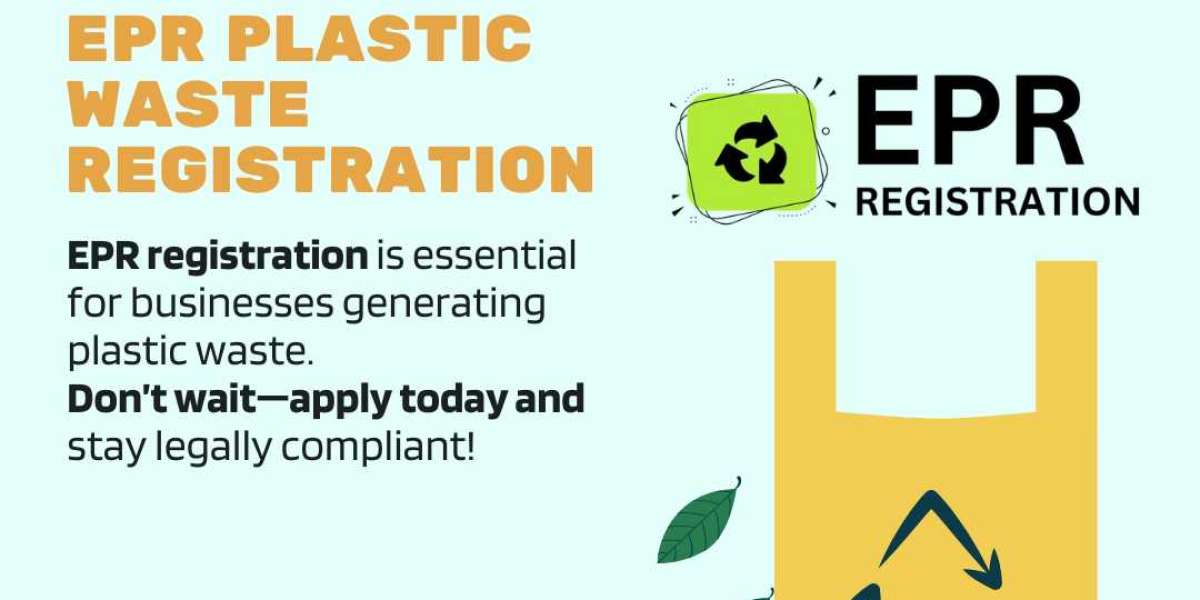Why Supply Chain Sustainability Matters
A sustainable supply chain minimizes negative environmental impacts, optimizes resource use, and ensures ethical practices at every stage—from sourcing raw materials to delivering the final product. For businesses in Uttar Pradesh, adopting such practices can lead to better efficiency, cost savings, and alignment with global trade expectations.
Moreover, with increasing focus on ESG (Environmental, Social, and Governance) standards and stricter environmental regulations by bodies like the Uttar Pradesh Pollution Control Board (UPPCB), businesses that fail to adapt risk falling behind or facing penalties.
Key Practices for a Greener Supply Chain
Supplier Assessment and Engagement
Begin by evaluating your suppliers’ environmental and social practices. Choose partners who follow eco-friendly manufacturing, waste management, and labor standards. Creating a supplier code of conduct and conducting periodic audits can help maintain accountability.Optimize Transportation and Logistics
Transportation contributes significantly to a supply chain’s carbon footprint. Shift towards cleaner fuels, optimize delivery routes, and consider switching to electric vehicles or shared logistics systems to reduce emissions.Resource Efficiency and Waste Reduction
Implement lean manufacturing practices to minimize material wastage and energy consumption. Recycling packaging materials, reducing water usage, and adopting renewable energy sources can make operations more sustainable.Technology and Data-Driven Decision Making
Use supply chain management software and IoT devices to track inventory, emissions, and supplier performance. Real-time data helps identify inefficiencies and areas for improvement, enabling proactive decisions.Regulatory Compliance and Certifications
In Uttar Pradesh, compliance with environmental regulations such as CTE/CTO (Consent to Establish / Consent to Operate) from the UPPCB is essential. Obtaining certifications like ISO 14001 for Environmental Management or EPR registration for waste handling can further strengthen your sustainability framework.Local Sourcing and Community Support
Whenever possible, source raw materials locally to reduce transportation emissions and support regional economies. Engaging with local communities also helps build trust and strengthens your business’s social footprint.
Challenges and Opportunities
While the path to a sustainable supply chain may seem challenging, it opens doors to innovation, global partnerships, and customer loyalty. With increasing awareness among consumers and stricter global import standards, especially in the EU and US, companies with green supply chains have a clear competitive advantage.
How Agile Regulatory Can Help
At Agile Regulatory, we support businesses across Uttar Pradesh in building and maintaining sustainable, compliant supply chains. From securing CTE/CTO approvals, EPR registration, and environmental licenses to guiding you through ISO certifications and waste management norms, our experts simplify complex processes. We’re committed to helping your business stay future-ready, eco-conscious, and fully compliant—without the stress.
Let’s build a greener future together. Reach out to Agile Regulatory today.








